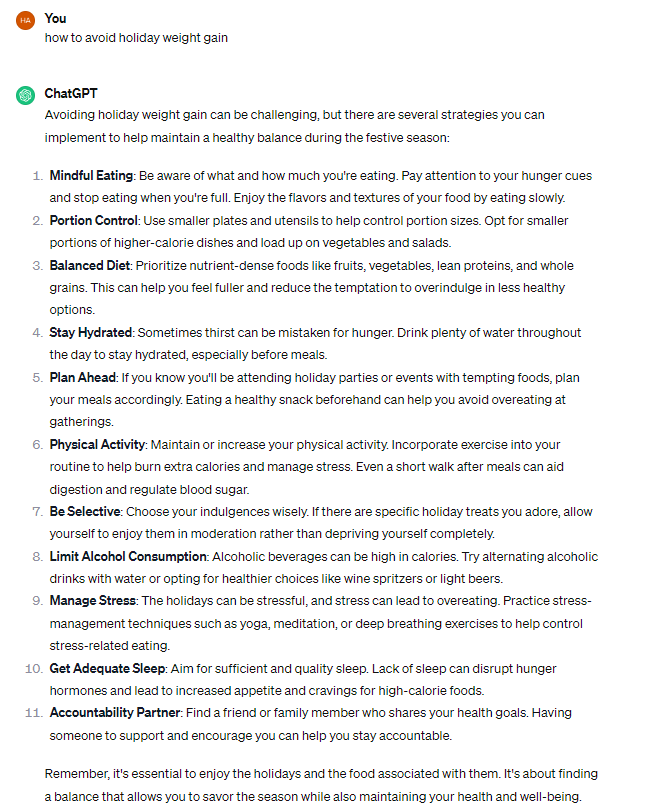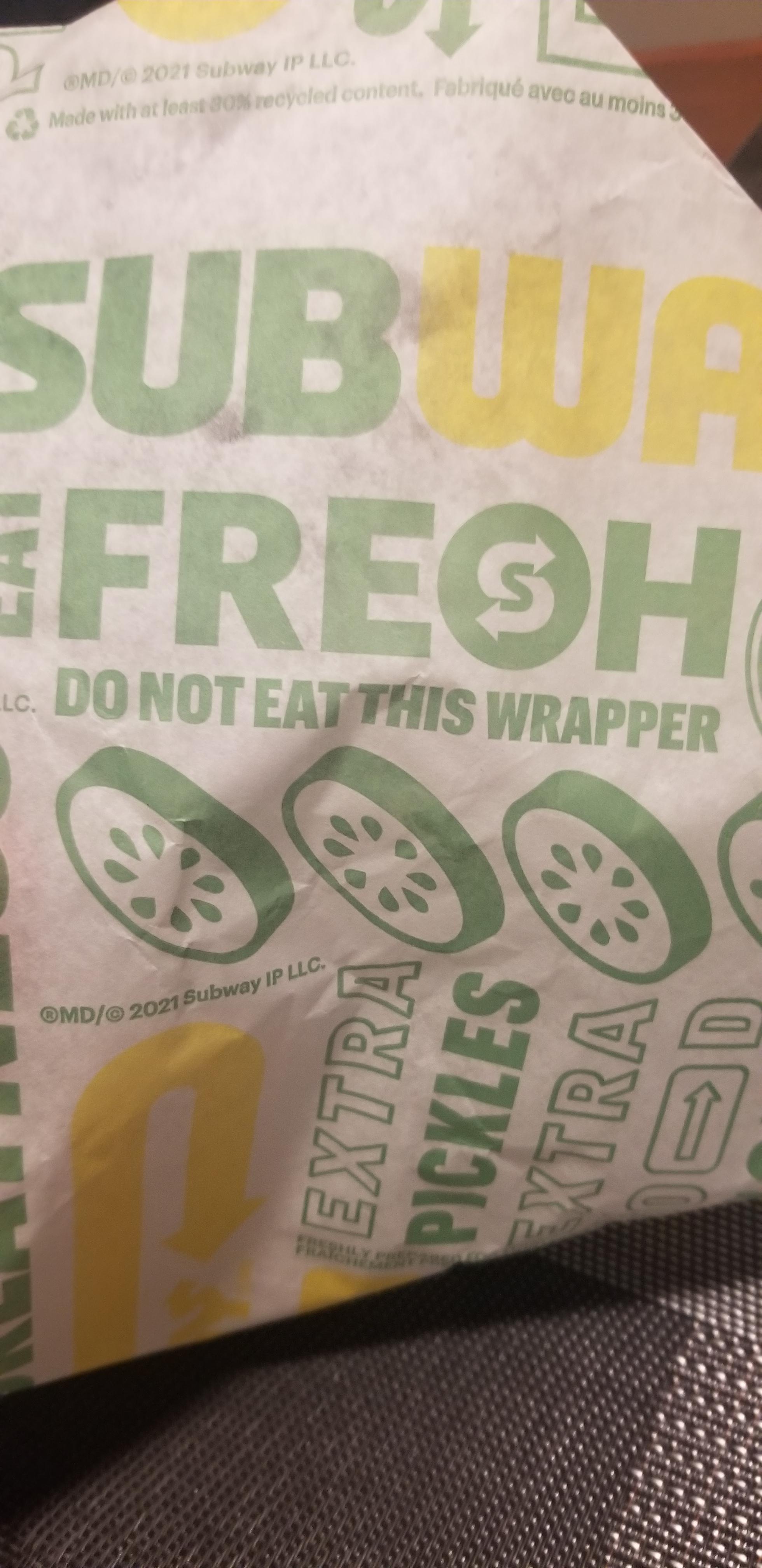Like any computer code, the art will be making sure quality goes in. So if someone who is selling some kind of elimination diet book - gluten-free, vegetarian, low carb, etc. - puts a lot of that stuff in, Large Language Models can write articles endorsing their fad, so right now "AI" is basically vomiting out articles about how to get eating disorders.
And scaring us, because while you may claim things like 'Hank should be nicer toward awful grifters wrapping themselves in a halo because they promote subsidies for themselves' and 'media should promote more good news stories', that is not what actually gets read.
During holiday season, there will be any number of articles terrifying us about food safety. Relax, you have a greater chance of being murdered over Thanksgiving than you do dying from an allergy, and there is plenty of conventional food to buy so you won't have to worry about all the toxic chemicals in an organic feast.
The only real concern during the entire season is oral health and weight gain. Yet even in those instances the holidays themselves are no problem; you won't get fat binging on Thanksgiving potatoes or get cavities from Halloween candy. The 'abstinence only' form of nutrition is both ineffective for most and bad science for everyone. It is instead the three-month wrapper around Halloween, Thanksgiving, and Christmas that can add pounds or risk of bad teeth.
If you are not intentionally skewing the results, ChatGPT is pretty sensible for both weight and oral health.

Mindful eating isn't that weird wellness/mindfulness Deepak Chopra nonsense, they just mean use some judgment; my great-grandmother lived to be over 100 and her only diet advice was 'eat when you're hungry, stop when you're not' and that serves everyone well. I would include soda and juice in with alcohol as sneaky calories - a glass of orange juice is basically a Coca-Cola with a vitamin C supplement. Most people can't do anything about their sleep without pharmacology, and that can lead to its own problems, but if low-impact things like avoiding tablets, avoiding eating, and not having pets in the room can mean better sleep, do it.
My sentence was 'during the holidays', which in the US is basically 25 percent of the year, so ChatGPT isn't wrong for discussing exercise, stress, and portion control - but on Thanksgiving, go nuts.
Unless you are the kind of person who can't get back on track if you get off.
On oral health, ChatGPT is pretty good as well.

If you're wearing a mouth protector during your family football game that seems a bit much, but don't take advice on that from a guy who's half deaf in his right ear from being in the army without ear protection and having a hillbilly brother who would pull up a rifle and shoot at a deer no matter how close to you he was.
On the actual holidays, like Halloween or Thanksgiving, go crazy. Chewing gum is the only thing I will do basically every day between brushing and I am not much for sugary treats, but if you are, don't do them for three straight months.
ChatGPT came through this okay, even though I know most articles written by it are steering people toward a product or agenda.
In a future world, AI will not spew out eating disorder advice 41 percent of the time, but government is determined to take over AI, which means instead of converging on a better future, we'll have a world where companies are forced by politicians to do the equivalent of displaying warnings on sandwiches not to eat the wrapper.

Credit





Comments